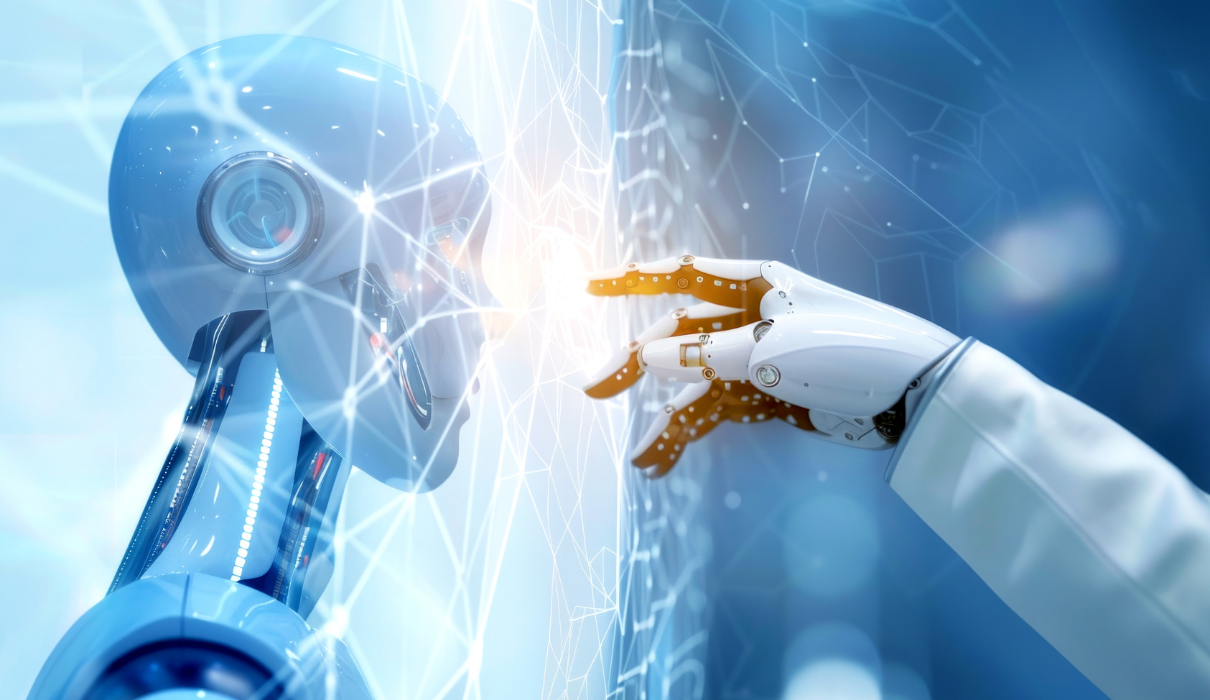Artificial Intelligence (AI) is no longer a futuristic concept confined to science fiction. It’s here, transforming industries—and education is no exception. From smart tutoring systems to AI-driven personalized learning platforms, technology is reshaping how students learn, how teachers teach, and how education systems operate globally.
In this post, we explore how AI is revolutionizing education, the benefits and challenges it brings, and what the future might look like for learners and educators alike.
Personalized Learning: Tailoring Education to Every Student
One of the most profound ways AI is changing education is by enabling personalized learning. Unlike traditional teaching methods that often use a one-size-fits-all approach, AI can assess each student’s learning style, pace, strengths, and weaknesses.
How it works:
- AI-powered platforms adapt lesson difficulty based on real-time performance.
- Students receive customized feedback and recommendations.
- Learning paths are designed based on individual progress.
Result? Students stay more engaged, motivated, and confident.
Smart Tutors and Virtual Assistants
AI is filling gaps where human resources fall short. Intelligent tutoring systems can answer students’ questions, explain concepts, and provide additional practice—24/7.
Benefits:
- Instant support outside of classroom hours.
- Reduced dependency on private tutors.
- Boosted self-learning among students.
Platforms like Khan Academy, Duolingo, and Socratic by Google are already using AI to enhance user experience.
Automation of Administrative Tasks
AI isn’t just helping students—it’s also taking a load off educators.
What AI can automate:
- Grading multiple-choice and short-answer tests.
- Tracking attendance and performance metrics.
- Scheduling and communication with students.
This frees up teachers’ time, allowing them to focus on mentoring, innovation, and more meaningful interactions with students.
Bridging Learning Gaps and Inclusion
AI tools can support students with different needs, including those with disabilities or language barriers. Speech-to-text tools, real-time translation, and adaptive learning interfaces create more inclusive classrooms.
Impact:
- Visually or hearing-impaired students get better access.
- Non-native speakers receive language support.
- Underperforming students receive timely intervention.
AI helps ensure education is accessible and equitable for all.
Data-Driven Insights for Educators
AI collects and analyzes massive amounts of student data—quiz scores, time spent on lessons, engagement levels—and turns it into actionable insights for teachers and institutions.
What this means:
- Early detection of learning difficulties.
- Identifying effective teaching strategies.
- Curriculum updates based on performance data.
In short, AI transforms raw data into smart decision-making tools.
Gamification and Enhanced Engagement
Boring textbooks are giving way to interactive, AI-powered platforms with gamification elements that boost engagement. By incorporating quizzes, progress badges, and challenges, AI platforms keep learners hooked and invested.
Example:
- Language apps like Duolingo use AI to track progress and adapt levels while offering fun rewards and visual cues.
This approach doesn’t just entertain—it enhances retention and motivation.
Remote and Lifelong Learning Opportunities
AI has made learning on-the-go a reality. From students in rural villages to professionals in urban centers, anyone with an internet connection can access quality education tailored to their needs.
Why it matters:
- Supports continuous learning and upskilling.
- Makes education more scalable and global.
- Reduces dependency on formal institutions alone.
Especially post-pandemic, AI-enabled learning is critical to the future of flexible education.
Challenges and Ethical Concerns
Despite its promise, AI in education also raises important questions.
Key challenges:
- Data privacy: How safe is student data?
- Bias: Can AI systems replicate human prejudice?
- Teacher dependency: Could AI replace human educators?
It’s crucial to use AI as a support system, not a substitute, ensuring that ethics, transparency, and human oversight are part of every implementation.
- The Role of Teachers in an AI Future
AI won’t replace teachers—it will empower them. In the future, educators will play more strategic roles:
- Guiding students emotionally and socially
- Designing creative learning experiences
- Interpreting data and customizing support
The best classrooms will blend human empathy with machine intelligence.
Conclusion: The Future Is Hybrid and Human-Centered
AI is revolutionizing education—not by replacing humans, but by augmenting human potential. It helps create personalized, accessible, and engaging learning experiences for students while supporting teachers in more impactful ways.
The future of education isn’t just digital—it’s hybrid, combining the best of technology and human connection. As long as we address challenges like data privacy and inequality, AI will continue to be a force for good in education.


